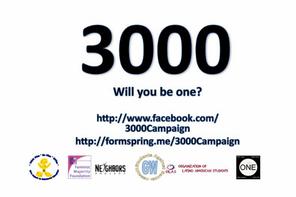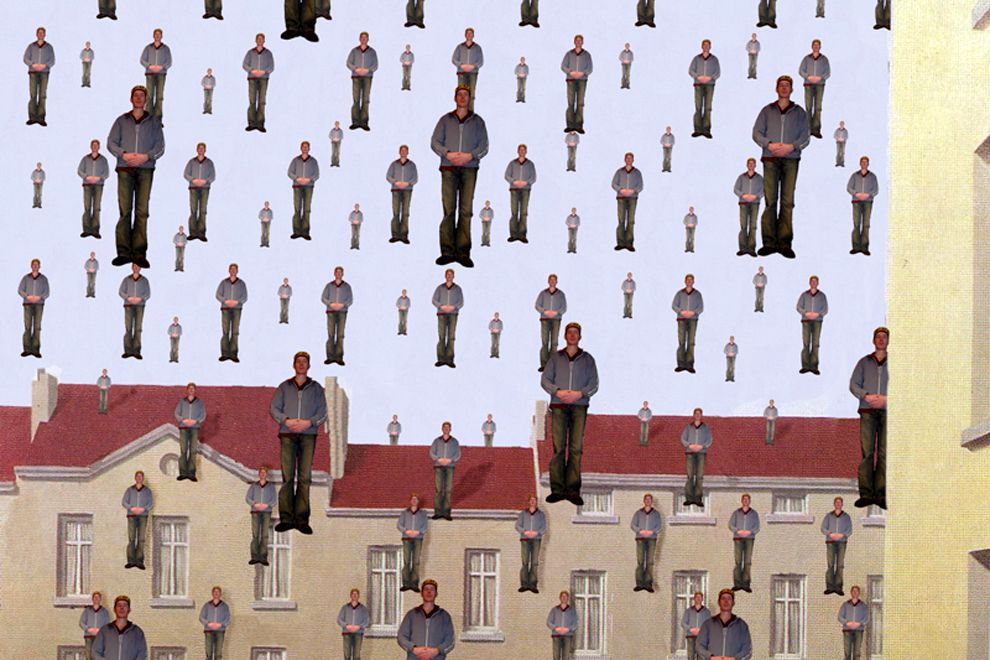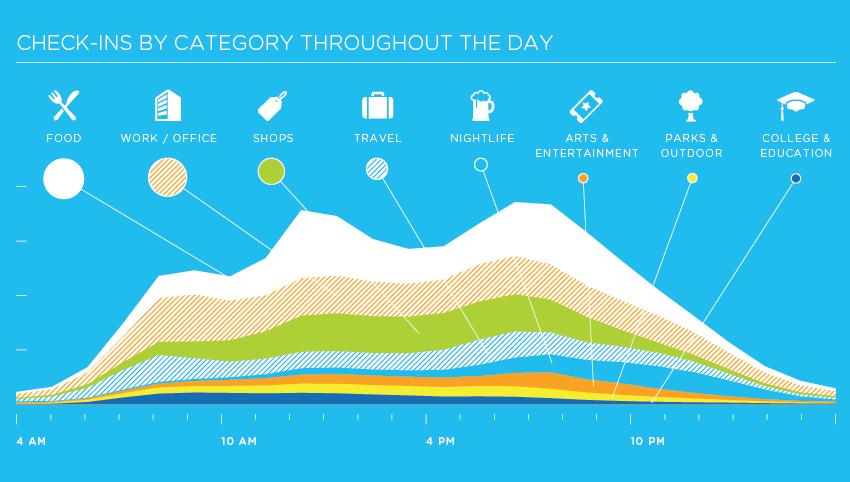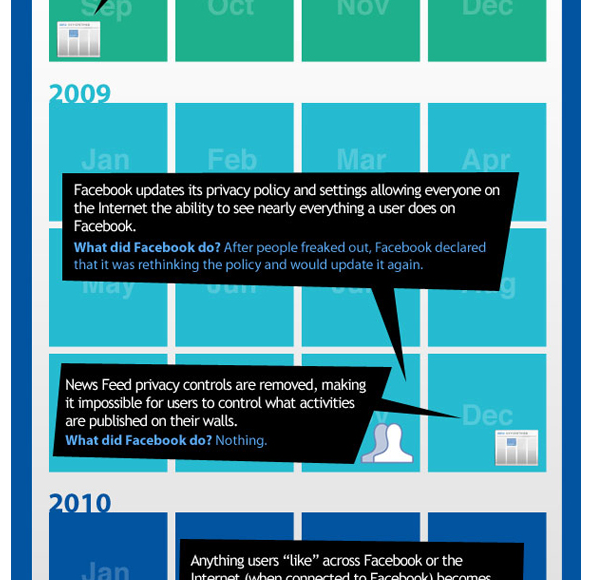- Facebook has conquered “the west” almost entirely, as well we South-East Asia and Oceania/Australia.
- Since it’s blocked in China, Facebook has pretty much zero market penetration in the world’s largest online market.
- Facebook is still weak in Japan, which is also one of the world’s largest online markets.
- Facebook is significantly less popular in much of Eastern Europe and Russia than in the rest of Europe.
Via Royal Pingdom.

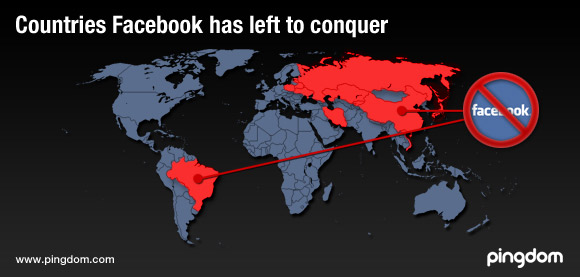
 Maryland Morning
Maryland Morning The protests in Egypt have been front and center in the American media over the previous two weeks. We were greeted with daily updates about former President Mubarak’s grasp on power, and, ultimately, his resignation. Buried in all the rapidly unfolding events were numerous stories about social media and its role in the revolution. I think it may be useful to aggregate all these stories as we begin to analyze how important social media was (if at all) to the revolution – and, also, whether the revolution has significant implications for social media.
The protests in Egypt have been front and center in the American media over the previous two weeks. We were greeted with daily updates about former President Mubarak’s grasp on power, and, ultimately, his resignation. Buried in all the rapidly unfolding events were numerous stories about social media and its role in the revolution. I think it may be useful to aggregate all these stories as we begin to analyze how important social media was (if at all) to the revolution – and, also, whether the revolution has significant implications for social media.